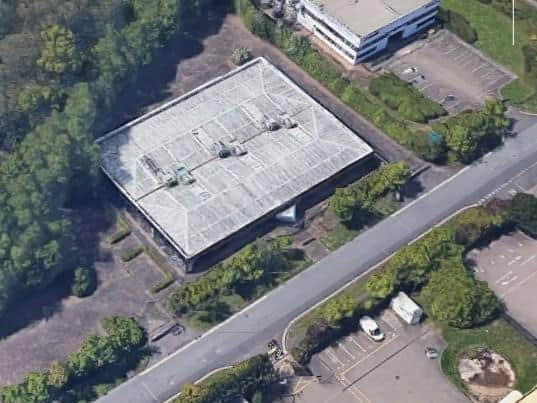Nightclub plan rejected in Milton Keynes after objections from police and a Formula One racing team
and live on Freeview channel 276
A Bletchley-based company called Fab Concerts Ltd applied to MK Council to turn Capella House, in Winterhill, into a 1,450 sqm club to open from 9.30pm to 7am, seven days a week.
“We receive numerous foreign visitors to this facility and we consider that the proposed nightclub would not allow us to maintain the area around our facility in a manner that allows us to provide the best first impressions to our visitors,” Vince Buttle, of Honda Research and Development told planners.
Advertisement
Advertisement
“This becomes a reflection on Honda as an organisation and Milton Keynes as a location.”


He continued: “We consider this application to be wholly out of context to the local environs.”
Colin Whittamore, of Honda supplier Mugen, also claimed that the change of use of the offices to a nightclub would have “a detrimental effect on our business, our staff, and our future prospects for attracting new business and investment to Milton Keynes.”
Mugen moved to MK from Northampton in 2013 and shares its building with the Honda Formula 1 programme.
Advertisement
Advertisement
Thames Valley Police, in objecting, said they had “fundamental concerns that this application could have a detrimental effect on crime and anti-social behaviour impacting the safety and security of staff, patrons and the community as a whole.”
Wolverton Mill-based Smith Jenkins Town Planning, in supporting documents, had said that because other businesses are open during the day, the application would not have an impact on them. This was contested.
They added that it would add choice for local party-goers, and be very close to the new university MK:U.
Council planning officers used authority delegated to them to refuse the application. Planning officer Richard Edgington said it would mean the loss of employment floorspace, and they weren’t satisfied that enough marketing had been carried out on the empty office block.
Advertisement
Advertisement
The report, available on the council’s website, added that the “proposed development would result in an increased likelihood of crime and an increase in perception of crime which would have a detrimental impact on nearby occupants, residents and future users of the site.”
There was also a lack of pedestrian access, which would force “pedestrians and car users to share the highway which would undermine the safety of highway users.”